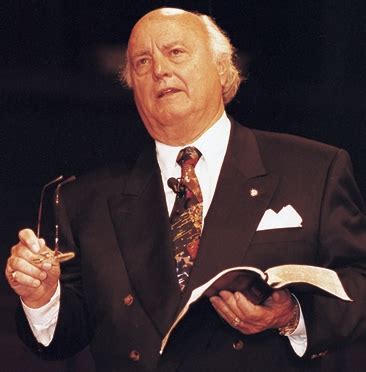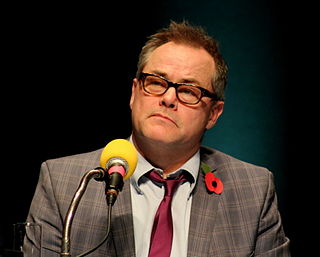A Quote by Clarissa Pinkola Estes
How does one know if she has forgiven? You tend to feel sorrow over the circumstance instead of rage, you tend to feel sorry for the person rather than angry with him. You tend to have nothing left to say about it all.
Related Quotes
Lyrics are what I tend to tear hair out over and they're where I tend to feel weak musically, if I'm being very honest. It is not something I feel like I know anything about; I would not consider myself a writer. I just want to sing, I just want to sing a melody, I just want to feel a melody, and be part of the song, and everything else is not so important.
I have observed that male writers tend to get asked what they think and women what they feel," she says. "In my experience, and that of a lot of other women writers, all of the questions coming at them from interviewers tend to be about how lucky they are to be where they are – about luck and identity and how the idea struck them. The interviews much more seldom engage with the woman as a serious thinker, a philosopher, as a person with preoccupations that are going to sustain them for their lifetime.
I tend to think that we are all pretty much alike. We all feel despair. We all have problems with relationships. We all become afraid. We all look at others and think these other people are more fortunate than us. Certainly the details of our life are unique. Spending time thinking of how I am different from someone else, however, does not tend to be very productive.
I tend not to trust people who live in very tidy houses. I know that on the surface there is nothing wrong with a person being well-ordered and disciplined. Nothing, except that it leaves the impression of that person having lived in the confines of a stark institution which, although he or she has long since left, remains within.
Ever since high school I've been writing in a spiral notebook, in pencil. Everything looks too polished on a computer when you start writing, and I can't really see it. I feel like the words are much more naked in pencil, on a notebook. I feel that my brain works differently, and words come out differently, if I have a pencil in my hand, rather than if I have a keyboard. I tend to add more in the margins. I tend to elongate the sentences as I'm writing and editing, and there is just something about the feeling of writing longhand that I really love.







































